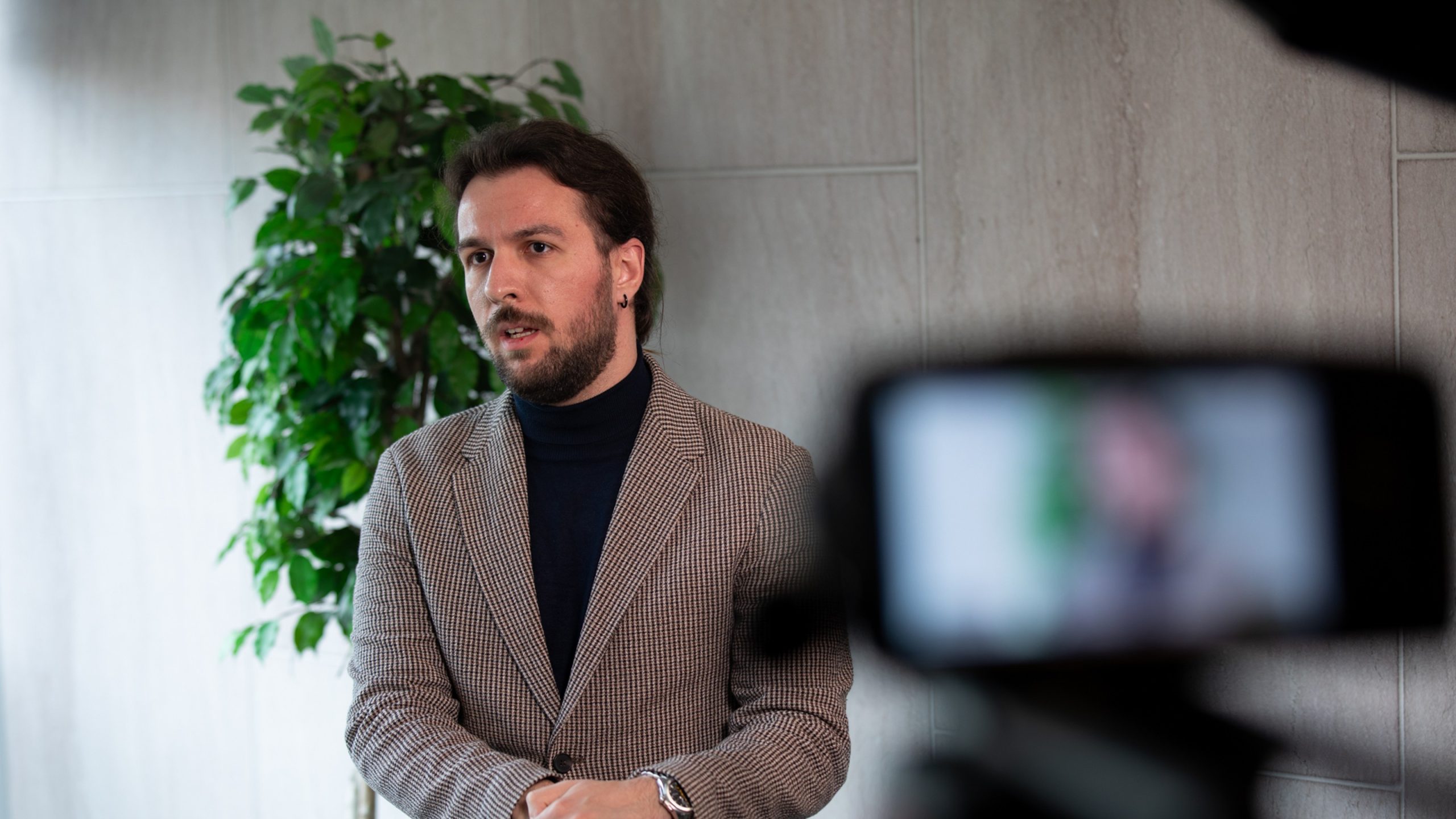In September 2024, Albanian Prime Minister Edi Rama declared at the UN General Assembly that his country would create a “Vatican of Islam” in the heart of Tirana, a small state that would belong exclusively to the Bektashi community, a Shiite-Sufi brotherhood with a long history in the Balkans. Although his statement came as a surprise both at home and abroad, it is not as if there had been no rumors about this move. The plan calls for the establishment of the “Sovereign State of the Bektashi Order” on an area of just ten hectares, about a quarter of the size of the Vatican, a state that will have its own administration, passports, and borders.
The Albanian Prime Minister is known for his communication tricks, and the fact that he chose to break the news first to the New York Times and then repeat it in New York, ensuring international coverage, can be considered as such. The move was part of his narrative about Albania as a model of religious tolerance in the Balkans, a region where religious identities often spark conflict.
Even after a year, the plan remains at the announcement stage, with the spiritual leader of the Bektashi, Baba Mondi, pledging that all decisions will be made with “love and kindness”. Despite its dominant administration, as Rama pointed out, this new state entity will not have its own law enforcement and security forces, nor will it have a special tax regime, but will instead be a “spiritual state” based at the Bektashi World Center in Tirana, fully integrated into the Albanian Constitution.
